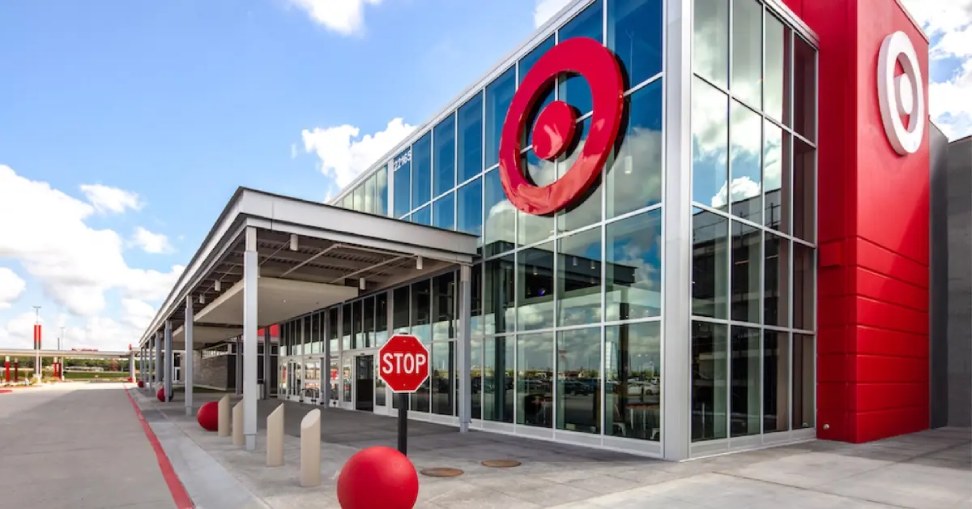Target is a beacon of solace and affordability for a great number of shoppers all over the world in the wide terrain of retail. From its humble beginnings as the little discount store in Minnesota. It has developed into a presence that is ubiquitous in the retail business because of its prosperity. However, who owns Target? This retail juggernaut is confounded to the point. That we really want to go into its inner workings in request to find the solution to this inquiry.
Unveiling the Mystery
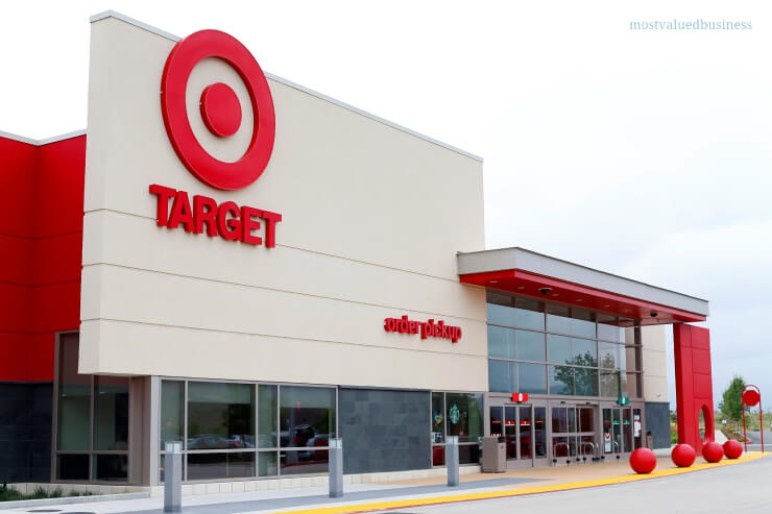
Shoppers may find themselves wondering who the virtuoso is behind this retail domain. As they make their way through Target’s aisles. Who is in charge of this brand that is totally ubiquitous? And who owns target? The ownership of Target is an essential part of gaining and understanding of the company’s trajectory. The impact it has had on the retail sector.
The Genesis of Target: From Humble Origins to Retail Giant
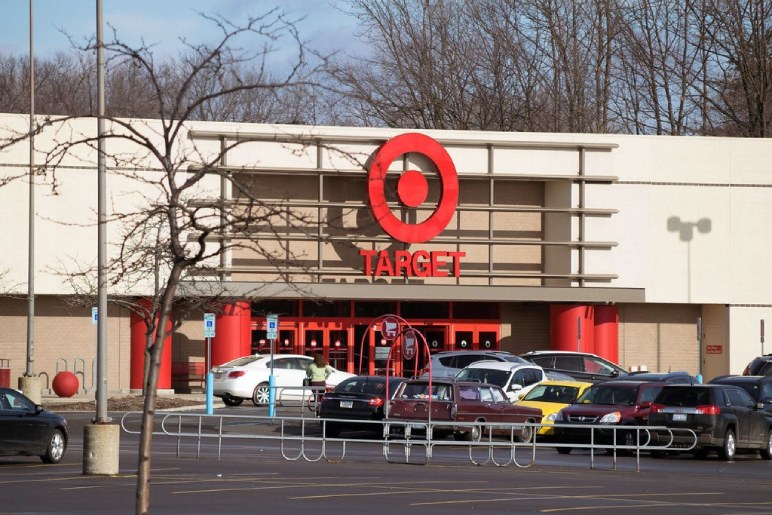
This was the beginning of the cycle for Target. Which began in 1962 when the main store opened its entryways in Roseville, Minnesota. George Dayton was the person who initially opened the store, and it was initially known as “Goodfellow Dry Goods.” On any occasion, the brand changed its name to what we realize that it will generally be today. Target, not until after the year 1968. In the time since then, Target has gone through huge expansion. That has assisted with solidifying its position as a company that is easily perceived in the retail industry.
Who Owns Target Stores? Unraveling the Ownership Structure
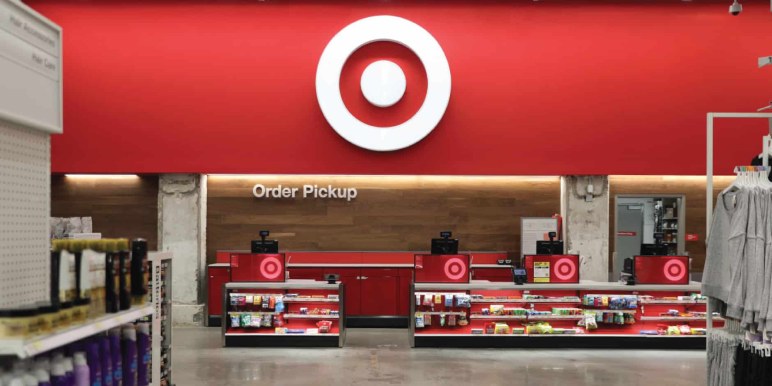
A substance that comprises numerous facets is the ownership of Target. Get the ideas of who owns target? Most importantly, Target business is a public business. And that means that stock purchased by shareholders has a stake in the company. These shareholders includes both private investors and institutional firms. Each of them has a personal stake in the profitability of the company. In any case, within the area of institutional ownership. There are particular aspects that apply a significant amount of influence over the operations of Target.
Who Owns Target Corporation? Peering into Institutional Ownership
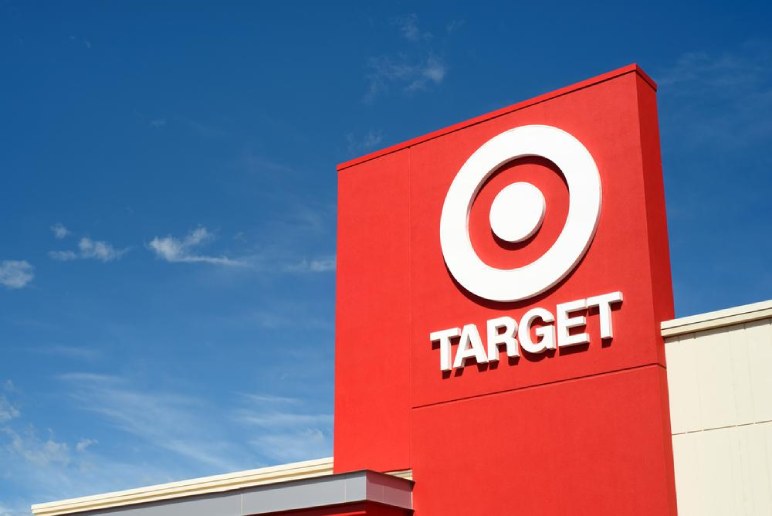
The course of Target Corporation is significantly influenced by institutional investors. These parts, which include hedge funds, mutual funds, and pension funds, acquire considerable shares of Target stock. That enables them to have a seat at the table with regard to the company’s independent bearing. Individual investors have the opportunity to travel toward any path they pick. However, institutional ownership gives the company stability and a drawn-out point of view.
Who Owns Target? A Look at Major Shareholders
There are explicit components that arise as important shareholders, and they employ a significant amount of influence over the activities of Target Corporation. This is notwithstanding the fact that institutional investors own a substantial part of the company overall. The strategic choices that these organizations make can have an impact on Target’s trajectory in the market. These huge shareholders often include prominent investment firms and asset management corporations.
Who Owns Target 2022? Navigating the Current Landscape
Who owns target in 2022? In the year 2022, the ownership landscape of Target Corporation mirrors a different range of shareholders, each of whom has its own investment strategy and goals. Despite the fact that the particulars could change after some time has passed, one thing will always be the same: the aggregate impact of Target’s shareholders will determine the company’s future in the retail landscape, which is always expanding and evolving.
Target’s Impact on the Retail Landscape: A Force to Be Reckoned With
The influence of Target extends a long way beyond the ownership structure of the organization and encompasses the whole retail scene. By demonstrating a dedication to innovation, accessibility, and community engagement, Target has successfully carved out a distinct space for itself within the commerce sector.
Innovative Strategies: Redefining the Retail Experience
There is a degree of credit that can be given to Target’s success to the innovative techniques that it employs in order to improve the shopping experience for its customers. Target has constantly pushed the bounds of conventional retail, beginning with the introduction of its characteristic “cheap chic” aesthetic and continuing with partnerships with first-in-class designers. By placing a strong emphasis on customer involvement through digital channels and personalized marketing activities, the organization has further strengthened its position as a leader in the industry.
Community Engagement: Fostering Connections Beyond the Register
Target’s dedication to community engagement is one of the characteristics that sets it separated from other retailers. Get the ideas of who owns target. Target has evolved into a community center by implementing numerous activities, including local partnerships, charitable giving programs, and sustainable practices. It has become more than just a place to shop. Target has been able to maintain a devoted customer base and strengthen its reputation as a socially responsible corporate citizen all through the years by actively participating in the neighborhoods where it operates.
E-Commerce Dominance: Thriving in the Digital Age
Target has successfully responded to the shifting retail scene by strengthening its online presence, which is especially noteworthy in an era that is dominated by e-commerce giants. A seamless shift from physical stores to a powerful digital stage has been achieved by Target as a result of investments in technology, logistics, and omnichannel integration. Its emphasis on convenience, moderation, and fast delivery has resonated with customers, which has propelled the development of its e-commerce stage and solidified its place as a competitive opponent in the digital sphere.
Global Expansion: Spreading the Bullseye Across Borders
Despite the fact that Target might have its origins in the center of the United States, the organization’s influence reaches a long way beyond the limits of the United States. Target has been able to enter international markets through strategic partnerships and expansion efforts successfully. As a result, the organization is presently able to provide its distinctive retail brand to customers located everywhere. Target’s global footprint continues to expand, further solidifying the organization’s status as a retail goliath on a global scale. This should be visible in the organization’s building of shops in Canada as well as its development of alliances with global suppliers.
Sustainability Initiatives: Pioneering Environmental Stewardship
Target, nowadays of growing environmental consciousness, has taken preventative measures to reduce its ecological footprint and to promote sustainability. Target has developed a wide variety of efforts fully intent on conserving the planet for future generations. These initiatives include minimizing waste and byproducts stemming from fossil fuels, as well as sourcing products in a responsible manner. Target satisfies its corporate obligation and appeals to consumers who are environmentally sensitive and who place a high value on ethical business practices by placing an emphasis on business methods that are sustainable.
Unknown Facts: Unveiling Surprising Insights
Who owns target? And what are the other surprising facts? Target maintains a treasure mine of lesser-known facts that provide insight into its rich history and distinctive personality, notwithstanding its achievements that are openly known. To give you an example, were you aware that the iconic bullseye logo that Target uses was conceived and determined to deliver goods that are within the price range of the average consumer?
Likewise, Target was one of the first merchants to offer a gender-neutral toy area, which is a step towards fostering inclusivity and diversity with its products. A considerable number of store brands, such as Archer Farms and Up and Up, are owned and operated by Target.
These store brands provide customers with products of superior quality at prices that are priced competitively. Target’s commitment to inclusivity, innovation, and value is further demonstrated by these lesser-known facts, which further increase the organization’s attractiveness to customers all over the planet.
Conclusion: Unveiling the Ownership of Target
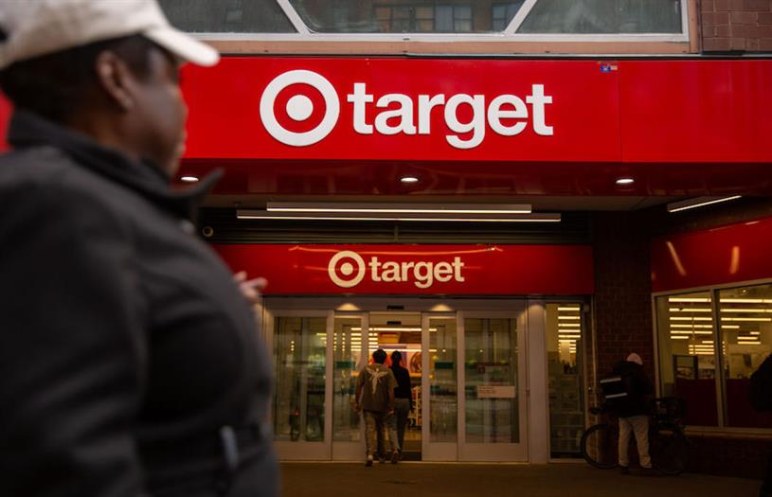
In conclusion, the ownership of Target is a dynamic tapestry that is weaved from the strands of ordinary investors as well as institutional investors. Guess now you know who owns target? The aggregate endeavors of the shareholders drive the company ahead, directing its improvement as a retail behemoth, despite the fact that the topic of who owns Target may not have a single arrangement. Considering this, the following time you walk around the aisles of Target, remember that behind each thing is a complicated web of ownership that defines this retail stalwart that should be taken truly.
Read Also:
- What Do Public Utilities Jobs Pay?
- Best Paying Jobs In Other Consumer Services
- How To Choose Food Truck Name? Best Food Truck Names For Your Business

